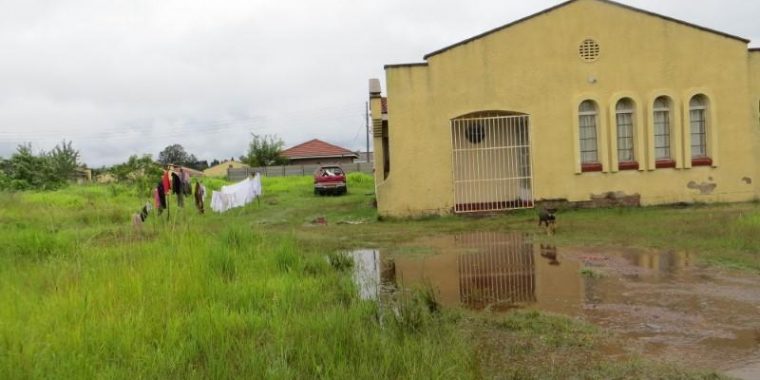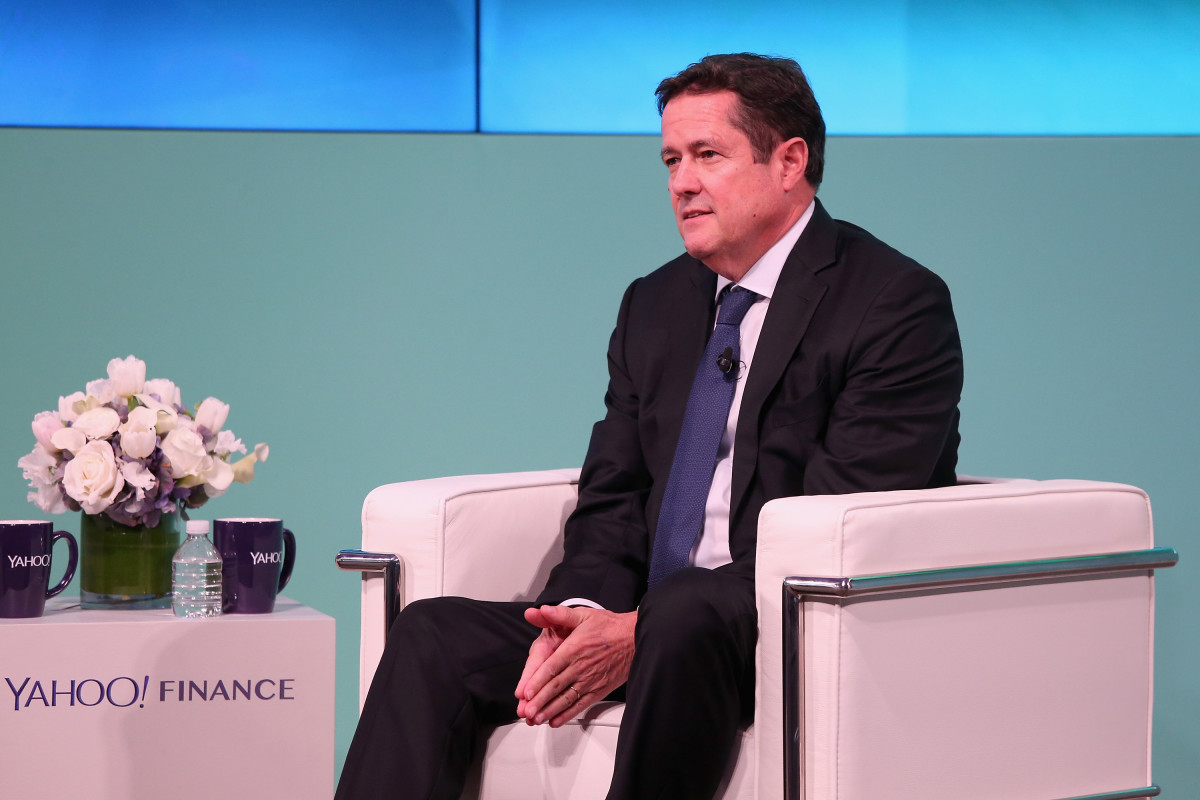This year’s Legalweek conference was the tenth that I’ve attended, and has it ever changed over the years. Gone are the days of barely clothed angels hired by an exhibitor to lure in attendees from the cold. But truth be told I don’t miss the nearly naked angels one bit. Thankfully that marketing ploy — using scantily clad women to gain attention for legaltech products — has gone the way of the dinosaur.
That being said, the angels would have been a lot more comfortable this year since there was no snow to be seen. It was downright balmy outside, ringing in at 57 degrees at one point. Quite honestly it felt a bit surreal. But then again, in many ways so did the entire conference.
For starters the conference providers steadfastly insist on sticking with the altogether confusing name and structure change. There continue to be multiple “conferences” within a conference (for example, Legaltech, Legal CIO, Legal Business Strategy, and more) that are, for all intents and purposes “tracks,” since they all occur in the exact same venue at the exact same time. They share the same expo hall, the same keynotes, and more. Nevertheless they’re billed as separate conferences.
Then there’s the case of the ever-shrinking Expo Hall, with portions that are increasingly difficult to locate. Halfway through the first day, I approached an attendant manning the door of one entrance to ask him where one of the expo halls was located since I couldn’t find it for the life of me. While he was answering my inquiry, two other people approached him with the exact same question, so it was comforting to know I wasn’t alone in my confusion.
Then there were the meetings. The designated press meeting area shared space with a vendor presentation area and a podcast recording area, among other functions. There was little privacy to be had, and many meetings occurred elsewhere. And, as Joe Patrice observed in his post about the conference, more meetings than normal seemed to occur in hotel suites this year, which definitely led to some awkward moments.
For example, at one point the meeting before mine was running late, so I was left to loiter in the hallway in front of a plain, unmarked hotel room door, nary a vendor sign in sight. My only saving grace was that between my blazer and the Legalweek pass around my neck, my prolonged presence in the hallway would (hopefully) be perceived as somewhat official by unwitting observers who passed by.
That being said, in many ways it was still the same old Legaltech conference I’ve come to know and love over the years, where like-minded legaltech aficionados meet up, connect, and talk about the latest trends in legal technology. This year was no different, and now that I’ve had a few days to reflect on this year’s Legalweek conference, here are my thoughts.
For starters, a few themes emerged: consolidation, platforms, and content, content, content! You’ll learn more about the content trend later in this post, but first, let’s take a look at the consolidation and platform trends.
The shrinking expo hall was evidence of an overall consolidation trend in legal technology — and most notable for this conference — in the ediscovery space in particular. The whack-a-mole days of seemingly endless ediscovery companies popping up are long gone, and a handful of companies remain that withstood the test of time and came out at the top, as others folded or were acquired.
That same phenomenon is occurring in the legaltech space as a whole, as shown by the vast number of acquisitions that occurred last year alone. Inevitably, over time, the dust will settle. And when it does, a few companies will be left standing in each major category of legal software, including document management, law practice management, legal billing, contract analytics, and legal research.
But enough about consolidation. Next up, platforms. The concept of legal technology “platforms” came up repeatedly throughout the conference, but there was very little agreement as to what that concept actually meant. Two definitions stood out but rest assured, most everyone had their own take on the subject, and there has yet to be any consensus on the subject.
One of the top definitions of a legal software “platform” involved an open API a la Salesforce, where a single, basic product was linked to many others via integrations — the costs of which quickly add up as the number of integrations increase. Notably, for those who favored this definition, the complexity inherent in the functionality of that concept was often glossed over. Salesforce is a notoriously complicated tool, and many organizations have one or more employees whose sole job function is to manage the company’s Salesforce platform and integrations. Definitely not a pretty picture for law firms of the future if this particular vision wins out.
Others viewed a platform as an all-in-one experience for the end user with the end goal being a seamless experience provided by both extensive built-in functionality and integrations when needed. In other words, a robust core software platform and necessary, complementary integrations. This approach is far less complicated and likely more cost-effective. That being said, those who favor the former definition typically argue that this concept reduces the amount of customization available.
In other words, no matter which concept you prefer, there are always trade-offs. And only time will tell which concept will prevail.
That being said, the second interpretation closely aligns with how Intapp representatives viewed the concept of a platform. At the conference, Intapp shared news of the rollout of their OnePlace CRM acquisition into the Intapp portfolio of products. They explained that their end goal is to provide a platform concept that offers seamless access to the tools a law firm requires throughout its business cycle, from client intake to invoicing needs, regardless of whether it’s an integration or native tool.
Speaking of acquisitions, during my meeting with Litera representatives, I learned that they’re in the process of merging their two recent acquisitions, Doxly and Workshare into their product. The end result will be to provide seamless document creation and collaboration tools to their customers.
I learned from Casepoint that their ediscovery platform has always been cloud-based, and that in 2019 they released the updated Casepoint platform with an open API. They’ve seen an increased interest from public sector agencies seeking to move ediscovery functions to the cloud. They were recently chosen by the SEC, and serve Federal Public Defenders offices as well.
I also met with NetDocuments, another company that has always been cloud-based. NetDocuments is seeing a lot of growth in both the large and small firm space, and emphasized that they provide a single document management platform for all users, regardless of firm size. Notably, NetDocuments is adding a new layer to their document management software and is building in document collaboration tools, including tasks and annotation features.
During my iManage meeting the focus was on the functionality offered by their Ravn acquisition, which allows law firms to use machine learning and AI to intelligently search contracts and obtain necessary insights. They plan to expand their content through APIs with other products, so that the built-in AI tools can glean even more useful information from the increased data points.
Speaking of contract analytics, I learned during my Thought River meeting that there is a similar focus in the year to come. The goal is to add to their content database through key integrations in order to help enterprise clients solve their problems without friction.
Last, but not least, I met with LexisNexis and Lex Machina (acquired by LexisNexis a few years ago). During the Lex Machina meeting, I learned that the focus has been on acquiring more data, specifically from state courts so that their AI litigation analytics software can provide increasing insights from the state-level data to law firms.
And while meeting with LexisNexis I was informed that a large focus in the coming year is … wait for it … to obtain more content. They’ve invested $1.2 billion into their technology infrastructure, which included significant investments into the acquisition of new content. I learned that they view data as the backbone of search, and that the future of search will involve conversations with users via chatbots, as I discussed more fully in this post.
And with that, it’s a wrap. Legalweek 2020 has come and gone. A lot changed, and a lot stayed the same. The best part, as always, was the networking and catching up with old friends. If you couldn’t make it this year, I hope to see you in 2021!
And if you’ll be at ABA TECHSHOW later this month, let me know. I’ll be speaking this year and would welcome the opportunity to connect. Drop me an email or make sure to stop by the MyCase booth and say hi!
Nicole Black is a Rochester, New York attorney and Director of Business and Community Relations at MyCase, web-based law practice management software. She’s been blogging since 2005, has written a weekly column for the Daily Record since 2007, is the author of Cloud Computing for Lawyers, co-authors Social Media for Lawyers: the Next Frontier, and co-authors Criminal Law in New York. She’s easily distracted by the potential of bright and shiny tech gadgets, along with good food and wine. You can follow her on Twitter at @nikiblack and she can be reached at niki.black@mycase.com.
 Jordan Rothman is a partner of The Rothman Law Firm, a full-service New York and New Jersey law firm. He is also the founder of Student Debt Diaries, a website discussing how he paid off his student loans. You can reach Jordan through email at jordan@rothmanlawyer.com.
Jordan Rothman is a partner of The Rothman Law Firm, a full-service New York and New Jersey law firm. He is also the founder of Student Debt Diaries, a website discussing how he paid off his student loans. You can reach Jordan through email at jordan@rothmanlawyer.com.













 Kathryn Rubino is a Senior Editor at Above the Law, and host of
Kathryn Rubino is a Senior Editor at Above the Law, and host of